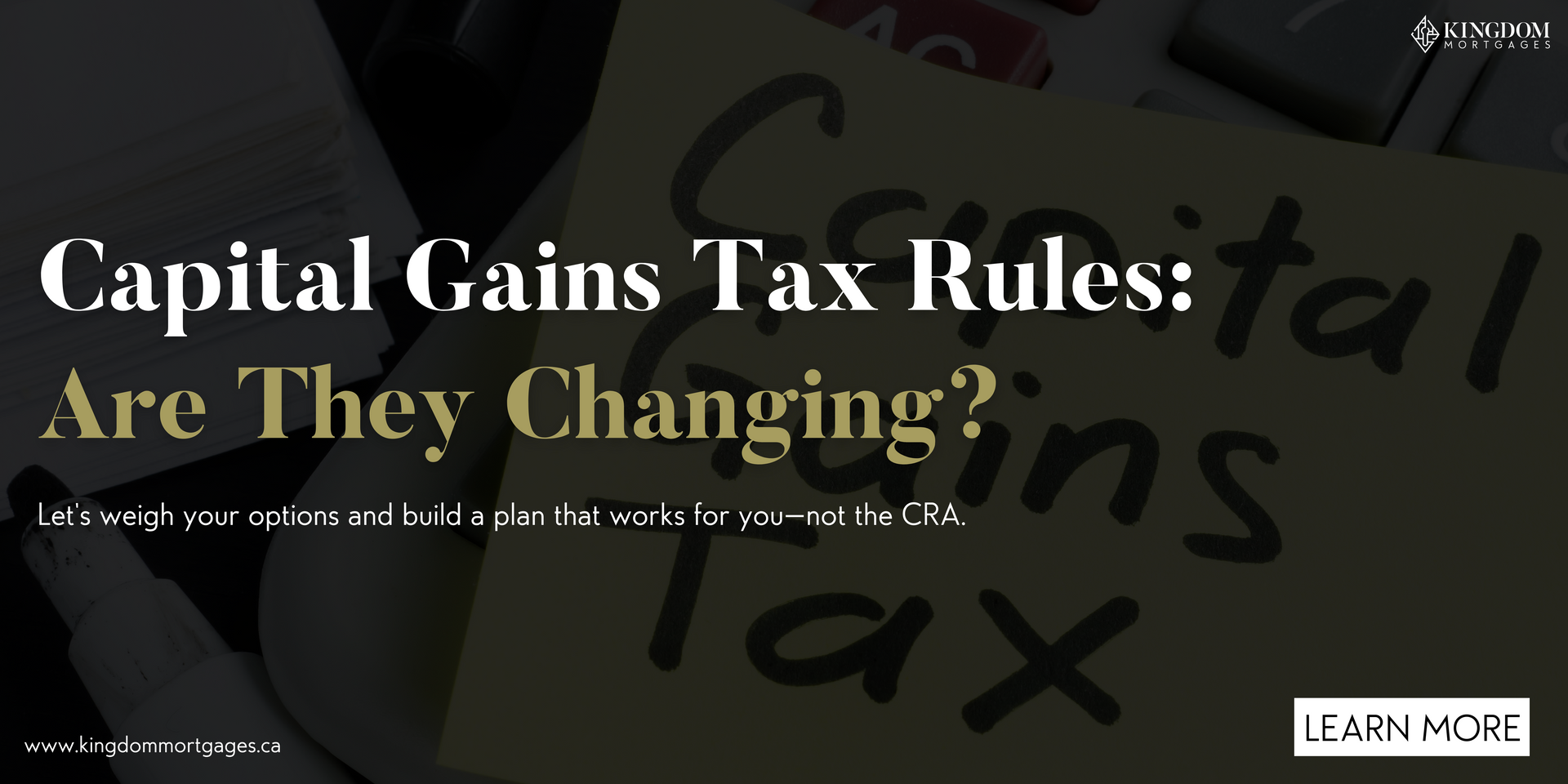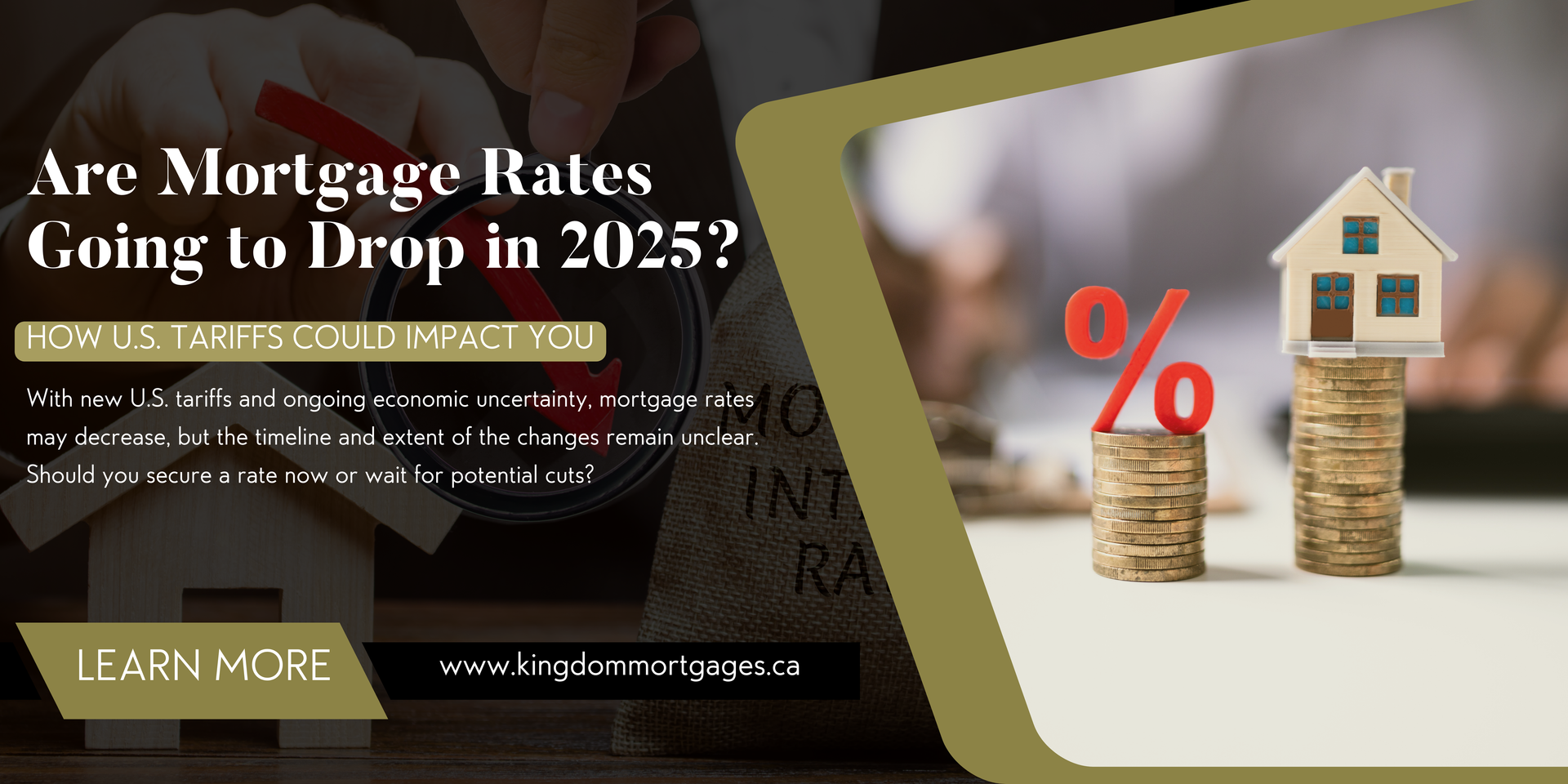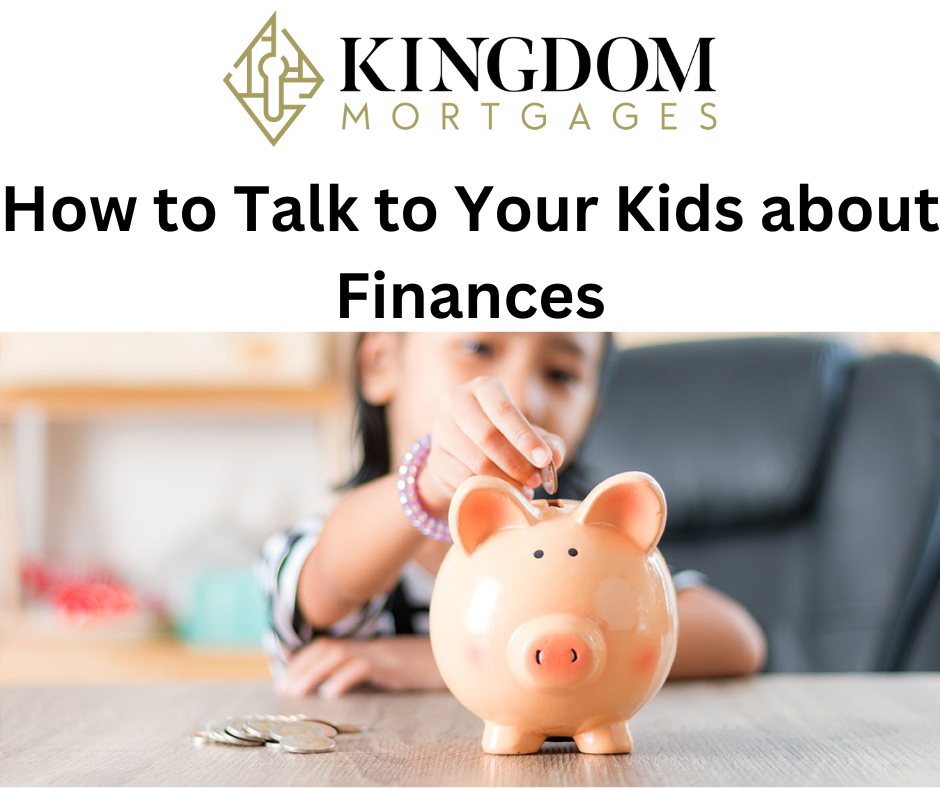Things to Know Before You Buy a House

One of the busiest seasons for shopping and general retail activity is Spring. The excellent weather gives people lots of time for decluttering, showing the home, garage sales, packing and moving into new spaces. Furthermore, buying a home is an exhilarating and fulfilling adventure. Still, there are many things you should know before you get started. Let us discuss some critical things you should know before you purchase.
Are you ready to make a decision?
First and foremost, understand that this is one of the most significant financial decisions you will make in your life. Here are some questions you should think about before diving in:
· Are your finances stable?
· Are you equipped with the financial management skills and discipline required to make a decision?
· Are you aware of the hidden costs and responsibilities that come with being a homeowner?
· Are you prepared to devote the time necessary for regular home maintenance?
If 'yes' was your answer to the questions above, congratulations! You are already a step ahead of the average first-time homebuyer. However, if your answers for any of them were 'no', you should consider contacting a mortgage professional. They usually have the current market knowledge and give you the best advice. Nonetheless, the points mentioned here should help you make a better decision.
1. Securing Your Down Payment
A down payment is the highest upfront cost of purchasing a home. In Canada, the minimum down payment for a standard mortgage is 5%, but you can always increase that amount if feasible. Doing so automatically lowers the total amount borrowed. Furthermore, anything below 20% triggers the mandatory insurance policy to protect the investment.
For this purpose, if you don't have savings to bank on, you look into the Registered Retirement Savings Plan (RRSP). Using this programme, as a first-time homebuyer, you can borrow up to $35,000 to use as a down payment. Although this is another form of debt, the conditions and repayment schedule offers some relaxation.
Alternatively, you can get help from friends or family. You will need to attach/submit a Gift Letter that clarifies that no repayment is required. You should also make a copy of the transfer receipt for complete documentation.
If none of these options applies to you, you should work on improving your credit score and saving up for a down payment in the meantime. This brings us to our second point.
2. Improving your credit score
The better your credit score and financial reputation, the quicker you can qualify for a mortgage. Doing so is as simple as paying utility (lighting, heating), rent, insurance and credit card bills on time and in full. Keep the total outstanding credit card balance below 75% of the available limit. You can use the 2-2-2 rule as a quick guide for managing your credit score. Typically, lenders look for at least 'two' forms of revolving credit (e.g. credit cards and retailer cards) with no less than '$2,000' limits and a clean payment record for at least 'two' years.
Remember, do not make any other significant additions to your debt. Avoid purchases such as a car until you have received approval and closed the deal on your new home.
3. Don't use all your money at once
The temptation will always be to start looking for homes priced at the very top of your budget. Still, remember that with every purchase comes fees and mandatory closing costs. These expenses can range from 1% to 4% of the purchase price. Factor these into your budget allocation, thereby helping you narrow down more affordable homes and ensure financial stability and security for the future.
4. Look into getting pre-approval
Pre-approval for a mortgage determines and verifies how much you can afford to pay for a home. It differs from pre-qualification in that you have to submit your financial history for verification. The pre-approval specifies the maximum amount you can spend on a home, the monthly mortgage payments and the first term mortgage rate. Getting pre-approved also guarantees the rate you offer and will be locked in from 90 to 120 days. This security helps in case of interest rates fluctuate during the mortgage approval and home buying process.
Contact me to learn more about what you can afford and other details.
Rodney Schunker | Mortgage Broker (Lic. M12000165)
Cell: 416-697-6423 | Toll Free: 1-855-697-6423
Fax: 1-855-787-7723 | Web: www.kingdommortgages.ca
Mail: 10 George St North, Suite 202, Brampton L6X 1R2
Email: schunkerr@gmail.com
Rock Capital Investments Inc. Brokerage #10556. Each office is independently owned and operated. Proud member of Mortgage Centre Canada.











